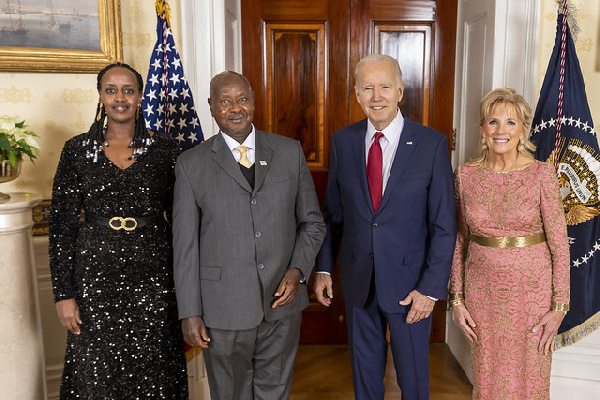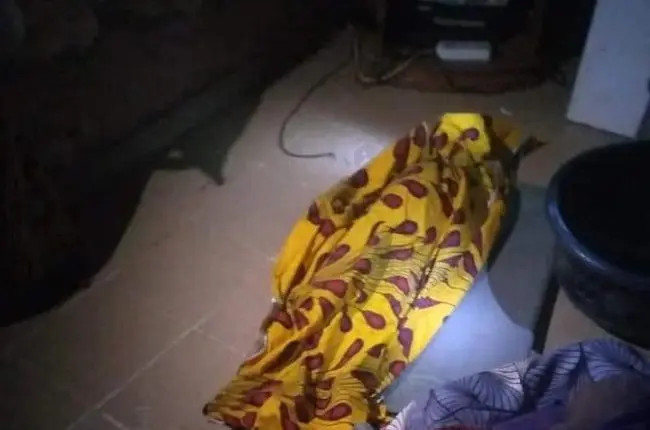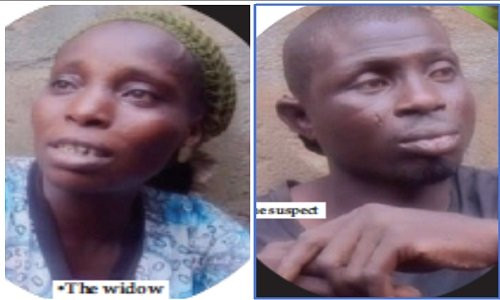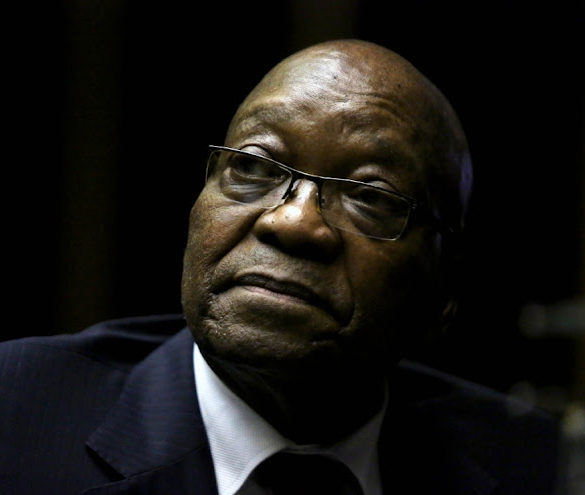We won’t back down, US envoy tells President Samia on Tanzania abductions

The United States Ambassador to Tanzania, Michael Battle, said on Thursday that his country had no intention of retreating from its push for strict adherence to democratic rights and principles as a key aspect of its partnership with Dodoma.
This came after President Samia Suluhu Hassan earlier this week pointedly criticised the US Embassy for leading Western diplomats in Tanzania in condemning a wave of mysterious abductions and killings that has swept the country in the run-up to local elections in November.
President Samia warned other countries to desist from interfering in Tanzania’s domestic affairs and violating the 1961 Vienna Convention on Diplomatic Relations by trying to dictate how Dodoma should handle investigations into the trend of abductions, which has heightened security concerns across the country ahead of the upcoming civic elections.
Although she did not name any mission in particular, the President singled out two recently reported assassination attempts on US presidential candidate Donald Trump as “proof” that incidents of pre-election violence were also prevalent in the West.
But, addressing a democracy conference in Dar es Salaam on Thursday, Mr Battle acknowledged that the US was not “immune to challenges and imperfections” in maintaining democratic standards as it prepares for its own presidential election this year, but remained adamant that Washington’s support for Tanzania, which he said has so far resulted in about $7.5 billion in aid commitments over the years, would remain hinged on respect for democracy and human rights.
“As long as we remain Tanzania’s partner, we will always speak openly and honestly on these principles. We will not back away or hold back. It is an obligation fundamental and paramount to human dignity and human respect,” he said.
The US mission in Dar was the first to issue a formal statement denouncing the brazen abduction and brutal killing of opposition Chadema party official Ali Mohamed Kibao two weeks ago.
The United States Ambassador to Tanzania, Michael Battle, said on Thursday that his country had no intention of retreating from its push for strict adherence to democratic rights and principles as a key aspect of its partnership with Dodoma.
This came after President Samia Suluhu Hassan earlier this week pointedly criticised the US Embassy for leading Western diplomats in Tanzania in condemning a wave of mysterious abductions and killings that has swept the country in the run-up to local elections in November.
President Samia warned other countries to desist from interfering in Tanzania’s domestic affairs and violating the 1961 Vienna Convention on Diplomatic Relations by trying to dictate how Dodoma should handle investigations into the trend of abductions, which has heightened security concerns across the country ahead of the upcoming civic elections.
Although she did not name any mission in particular, the President singled out two recently reported assassination attempts on US presidential candidate Donald Trump as “proof” that incidents of pre-election violence were also prevalent in the West.
But, addressing a democracy conference in Dar es Salaam on Thursday, Mr Battle acknowledged that the US was not “immune to challenges and imperfections” in maintaining democratic standards as it prepares for its own presidential election this year, but remained adamant that Washington’s support for Tanzania, which he said has so far resulted in about $7.5 billion in aid commitments over the years, would remain hinged on respect for democracy and human rights.
“As long as we remain Tanzania’s partner, we will always speak openly and honestly on these principles. We will not back away or hold back. It is an obligation fundamental and paramount to human dignity and human respect,” he said.
The US mission in Dar was the first to issue a formal statement denouncing the brazen abduction and brutal killing of opposition Chadema party official Ali Mohamed Kibao two weeks ago.
In its strongly worded statement on September 9, the embassy described the incident and other recent disappearances, detentions and beatings involving political and human rights activists in Tanzania as “efforts to disenfranchise citizens ahead of (the) elections,” and called for an “independent, transparent, and prompt investigation.”
The European Union, the British and Canadian High Commissions, and Norway and Switzerland embassies followed up with a joint statement on September 10, calling for a “thorough inquiry.”
President Samia responded on September 17 in a televised speech insisting that such interventions by the diplomatic corps were not welcome and that no “outsiders” should claim to be more pained by the events than Tanzanians themselves.
“It is our own responsibility to find out why they are happening at this moment in time. We know what we need to do as a sovereign nation and do not appreciate other countries telling us to do one, two, three,” the President asserted.
She also questioned whether the statements had been sanctioned by the heads of State of those countries, stating: “I have my own ways of checking with my fellow presidents and will lodge formal complaints with them once I confirm that they, indeed, were.”
Representatives of the British, Canadian, Norway and Switzerland missions, who were part of the joint EU-led statement, were also present at Thursday’s forum in Dar es Salaam hosted by the Tanzania Centre for Democracy (TCD), alongside the Netherlands, France, Belgium, Sweden, Denmark, Ireland and South Africa.
The event, marking the International Day of Democracy, saw the launch of TCD’s first assessment report on the state of democracy in Tanzania, which the centre says will be published annually.
The recent upsurge in politically-linked violence has cast a long shadow over the November 28 local government elections, which are expected to provide the template for next year’s general election, in which President Samia will defend her incumbency and the ruling CCM party its majority legislative control until 2030.
Source: theeastafrican.co.ke





